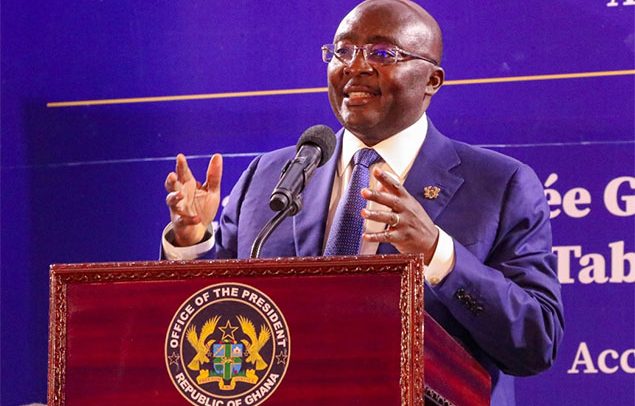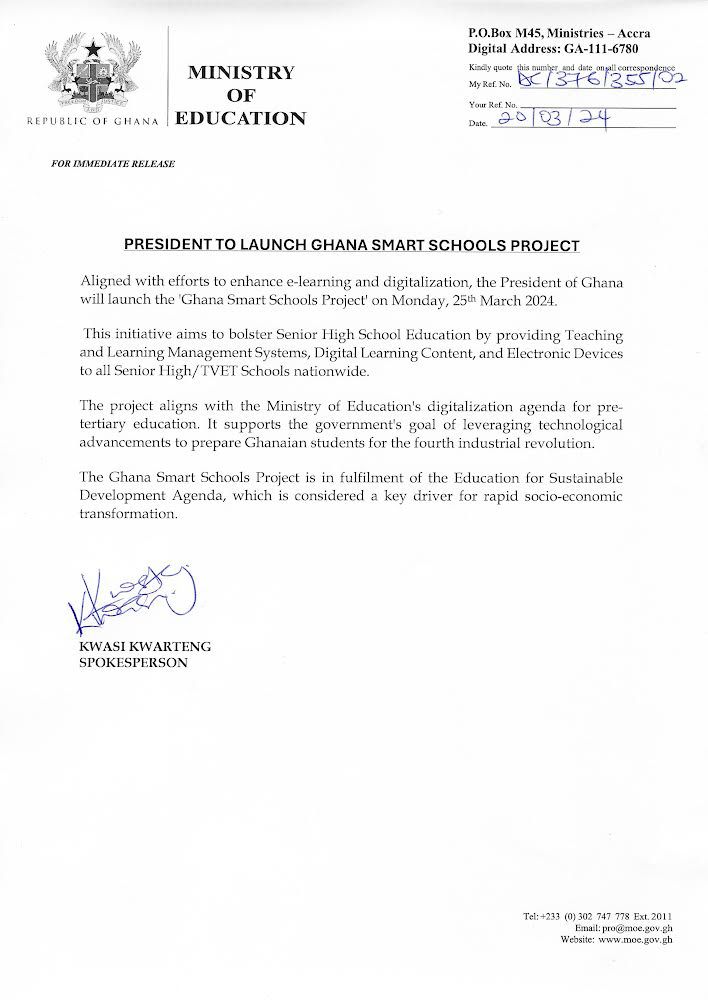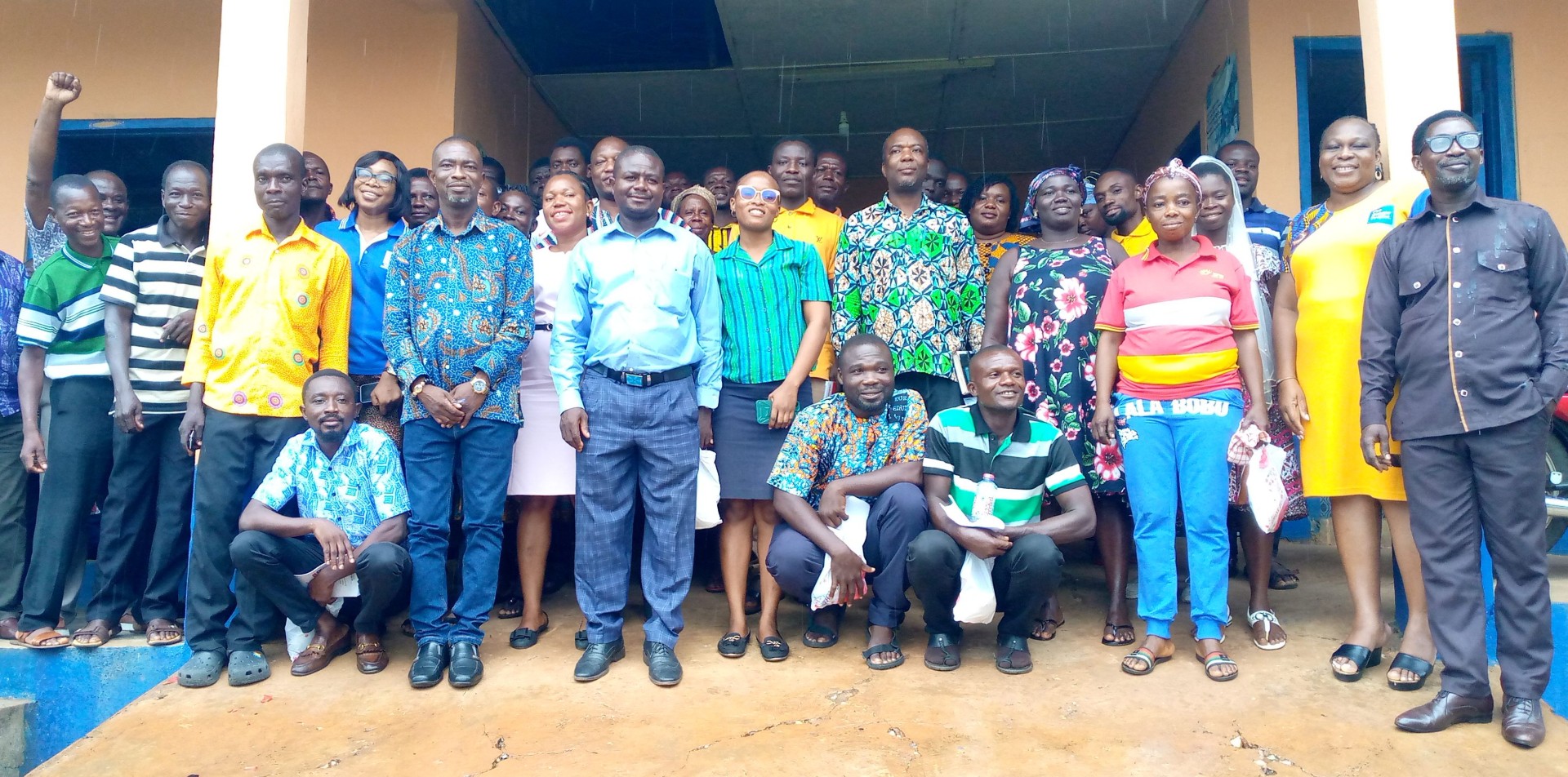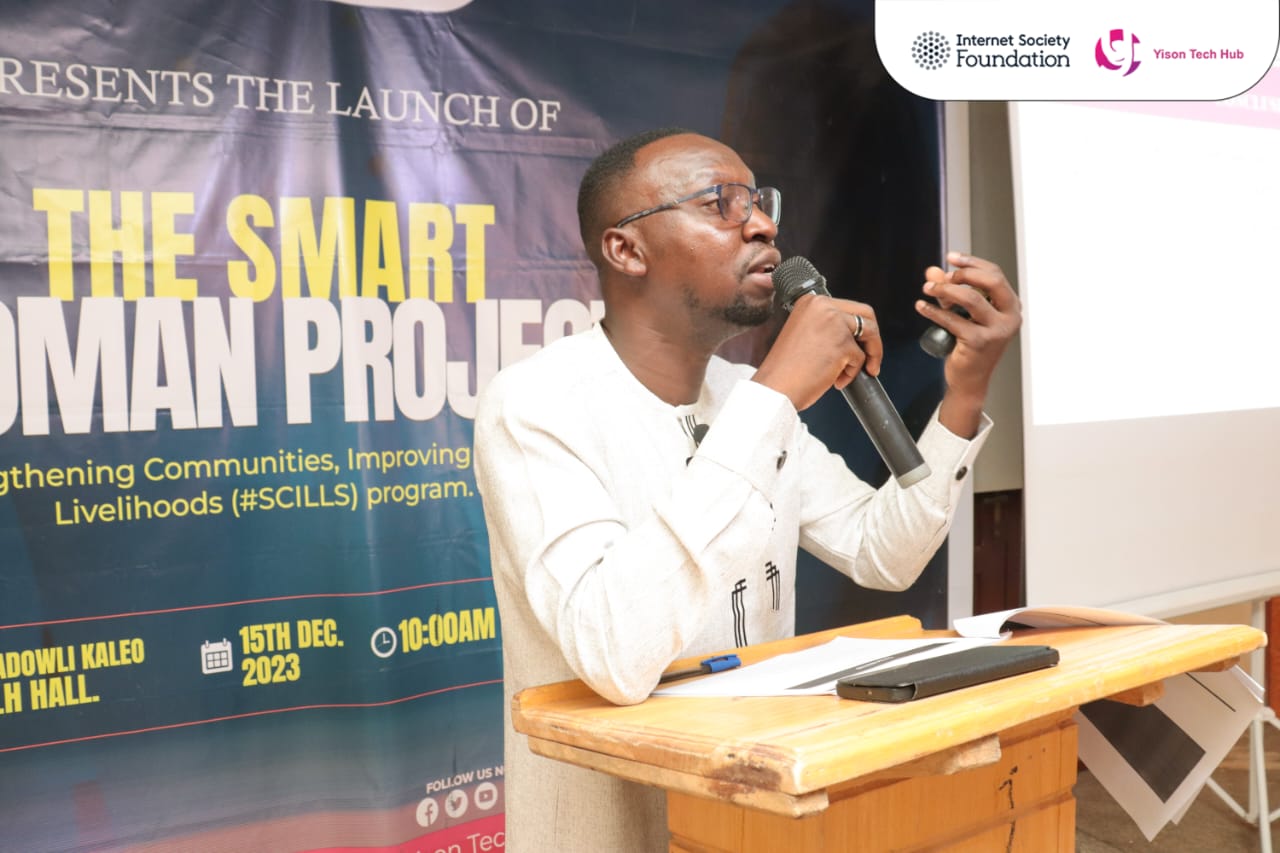
Responsible corporate tax practices are critical for improved domestic revenue to promote spending in critical areas of national development, Dr Alex Ampaabeng, Fiscal Policy Specialist, Oxfam in Ghana, a charitable Non-Governmental Organization (NGO) committed to global poverty alleviation, has stated.
According to Dr Ampaabeng, who was addressing a news conference in Accra, yesterday, March 13, 2019, there was the need to step up Domestic Revenue Mobilization (DRM) as a means of helping developing countries to overcome aid dependence, ease financing constraints and enhance socio-economic growth prospects.
He noted that with relatively small tax bases, corporate taxation had become the main source of domestic revenue and yet the actual tax revenue did not come from the corporate sector because the sector had devised credible ways of reducing their tax liabilities through the exploitation of loopholes and mismatches in tax rules to shift taxes to low or no-tax jurisdictions.
He disclosed that as an organization committed to pro-poor spending and as part of its broader Active Citizenship and Accountable Governance (ACAG) programme, Oxfam in Ghana, had launched a project dubbed: The Ghana Tax Dialogue (GTD) to be implemented on the theme: Creating a Fair, Efficient, Modern and Transparent Taxation (FREMT) system through private sector actions and public policies
GTD, Dr Ampaabeng explained, was being organized alongside an active media engagement?Tax Dialogue Series (TDS)?on other key issues to promote an efficient tax system for an improved revenue to meet Ghana's development challenges.
He said GTD would involve a high-level series of roundtable dialogues with key actors within the Ghana tax system, such as corporate bodies, the Ghana Revenue Authority (GRA), Ministry of Finance, professional accountancy bodies, the academia and business associations, among others.
He said the purpose of the GTD was to explore ways of creating the FREMT tax system through private sector actions and public policies in Ghana to enhance domestic resource mobilization.
Dr Ampaabeng said GTD would seek to promote responsible corporate tax practices through a transparent and responsible tax planning, public transparency and reporting system, open and improved relationship with the GRA, impact valuation of tax policy and practices, and payment and incentives received, among others.
Furthermore, he said, the GTD was expected to contribute to promoting effective tax administration in Ghana by separately engaging GRA on policies for responsive and efficient tax administration for a fair tax system in the country to aid compliance.
He gave the assurance that the project would not be intrusive on any company's operations, but would promote a modern, fit-for-purpose and efficient tax system that would meet international best standards to ensure stakeholders fulfilled their tax obligations.
Dr Ampaabeng, therefore, urged multinational companies as well as large local companies to collaborate with Oxfam in Ghana by participating in the dialogue series to help improve and ensure fairness in the tax system.
Hits: 48
Read Full Story
















Facebook
Twitter
Pinterest
Instagram
Google+
YouTube
LinkedIn
RSS